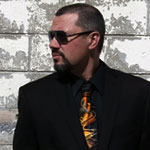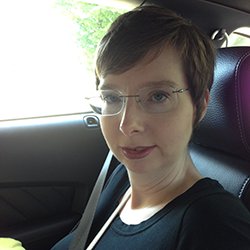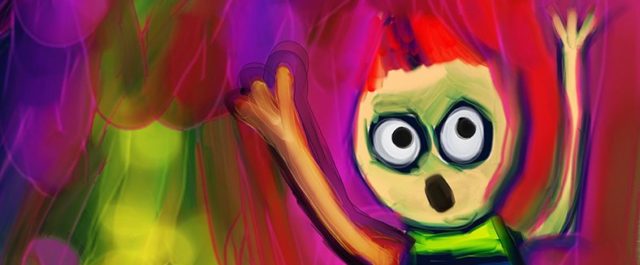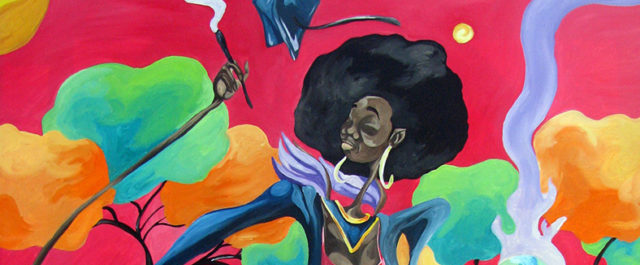Francis DiClemente
When I read poetry I eschew formalists who pack their poems with words I need to look up in an online dictionary. I avoid books filled with single poems that run multiple pages and prefer compact works imbued with concrete details and spoken with an honest voice. I like to feel the writer behind the words, and an example of my taste is Samuel Menashe.
I recently read The Collected Poems of Wallace Stevens, and while I admire Stevens’ intellect, his use of imagery and technical construction, I struggled to slice through the book and skipped over the last fifty or so pages. I couldn’t wait to reach the end.
I am not smart enough to interpret much of his symbolism, and I didn’t want to work that hard anyway. I believe reading should be a pleasure, like it was when I was a kid and would snag the evening sports page from my father while he sat at the kitchen table after dinner. At the same time poetry, like classical music, can produce a sublime experience for its audience. It has the power to examine life, making observations that resonate with readers and inspire further thought.
And three “poets of the street”—my go-to trifecta for verse—deliver in this regard. I admire Langston Hughes, Jack Kerouac and Charles Bukowski for the rich details they offer and a palpable authenticity that leaps across the page; you get the sense they not only wrote these poems but lived them as well.
For brevity, we turn to “Suicide’s Note,” where Hughes uses just twelve words to tell a dramatic story:
The calm,
Cool face of the river
Asked me for a kiss.
The story has a satisfying conclusion while also giving readers numerous options for interpretation.
I prefer short, narrative poems with clean resolutions. That’s because I often find these poems online and read them during my lunch hour. I will peruse the site PoemHunter.com and read through a few poems in between bites of my daily turkey or tuna sandwich.
One of my favorite poems is “Hell is a Lonely Place” by Charles Bukowski, which I came across on PoemHunter and also read in Bukowski’s book Septuagenarian Stew: Stories & Poems.
In the poem, Bukowski describes an aging, disease-plagued couple. The man has cancer of the mouth and the woman suffers from Alzheimer’s disease. The man faces the humiliation of putting “his wife in rubber diapers like a baby.” The poem concludes with the man shooting and killing his wife in an act of mercy and then turning the gun on himself.
Bukowski writes:
the shots didn’t arouse
the neighbors.
later
the burning tv dinners
did.
The police investigate the scene, go through the couple’s belongings and discover a closed savings account and a checkbook with a balance of $1.14.
Just like Hughes with “Suicide’s Note,” Bukowski gives us a full story arc. And the poem stands out because of its honesty, clear language and emotional gravity.
Bukowski drew me in with the details about the man’s decaying jaw, the rubber diapers, the empty bank account and the burning TV dinners. I felt a deep empathy for the man and woman; I sensed the story could have been true and I mourned the couple’s loss.
And that’s the strength of story-based poems. They have the ability to make us sympathize with others and reflect on our existence. It’s just my opinion, but formalist poetry with reserved language and obscure references cannot measure up. The words do not endure because they fail to reach the heart. These works dance in the realm of intellect and never risk the courage to throw a punch to the gut. And I believe poetry should aim to elevate our consciousness and create an emotional response in the reader.
 Francis DiClemente is a video producer and freelance writer who lives in Syracuse, New York. He is the author of three poetry chapbooks and his blog can be found at francisdiclemente.wordpress.com.
Francis DiClemente is a video producer and freelance writer who lives in Syracuse, New York. He is the author of three poetry chapbooks and his blog can be found at francisdiclemente.wordpress.com.
Author’s Photo Credit: Susan Kahn
References:
Bukowski, Charles. Septuagenarian Stew: Stories & Poems. Santa Rosa: Black Sparrow Press, 1990.
Hughes Langston. Selected Poems of Langston Hughes. New York: Vintage Classics, 1990.
Stevens, Wallace. The Collected Poems of Wallace Stevens. New York: Vintage Books, A Division of Random House, 1982.
















